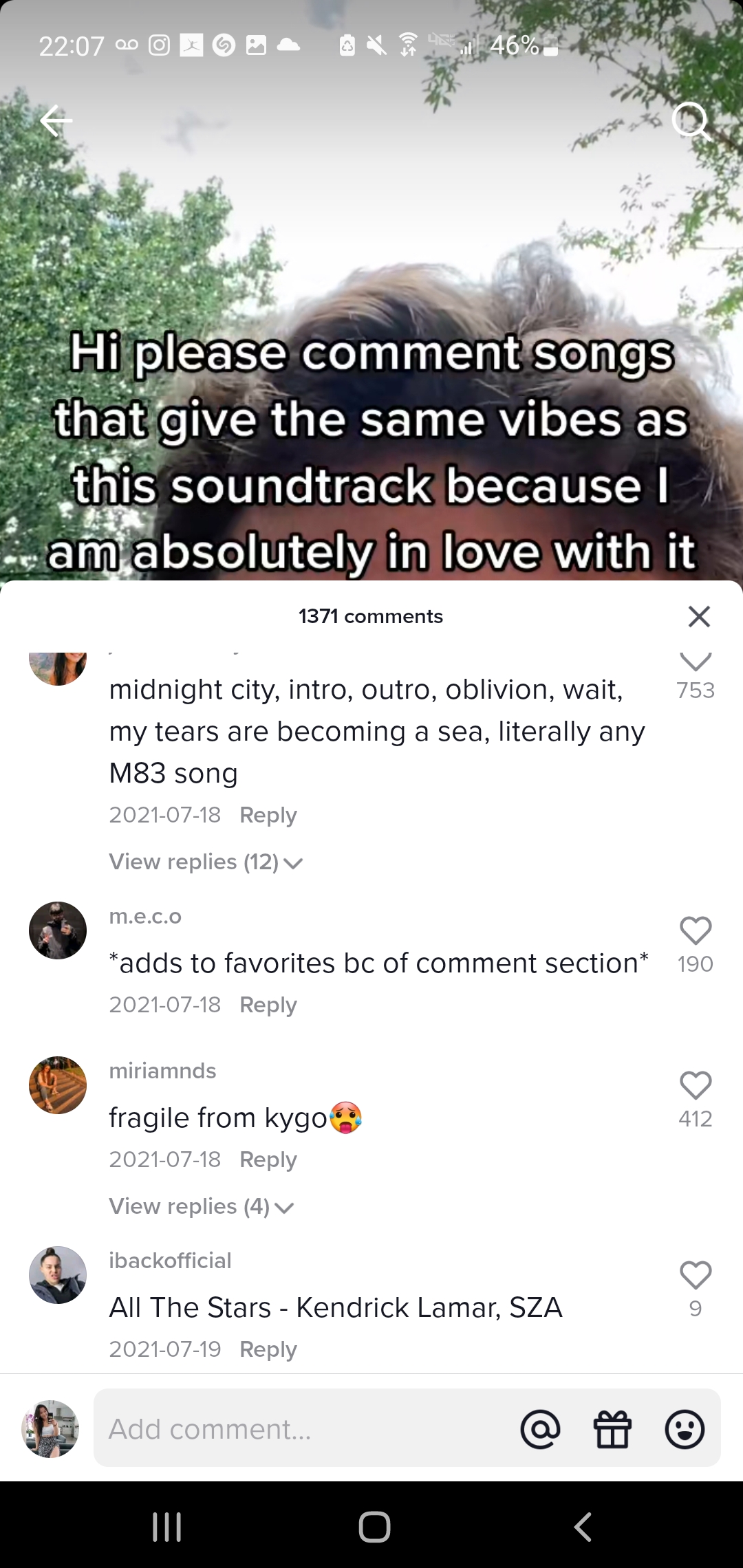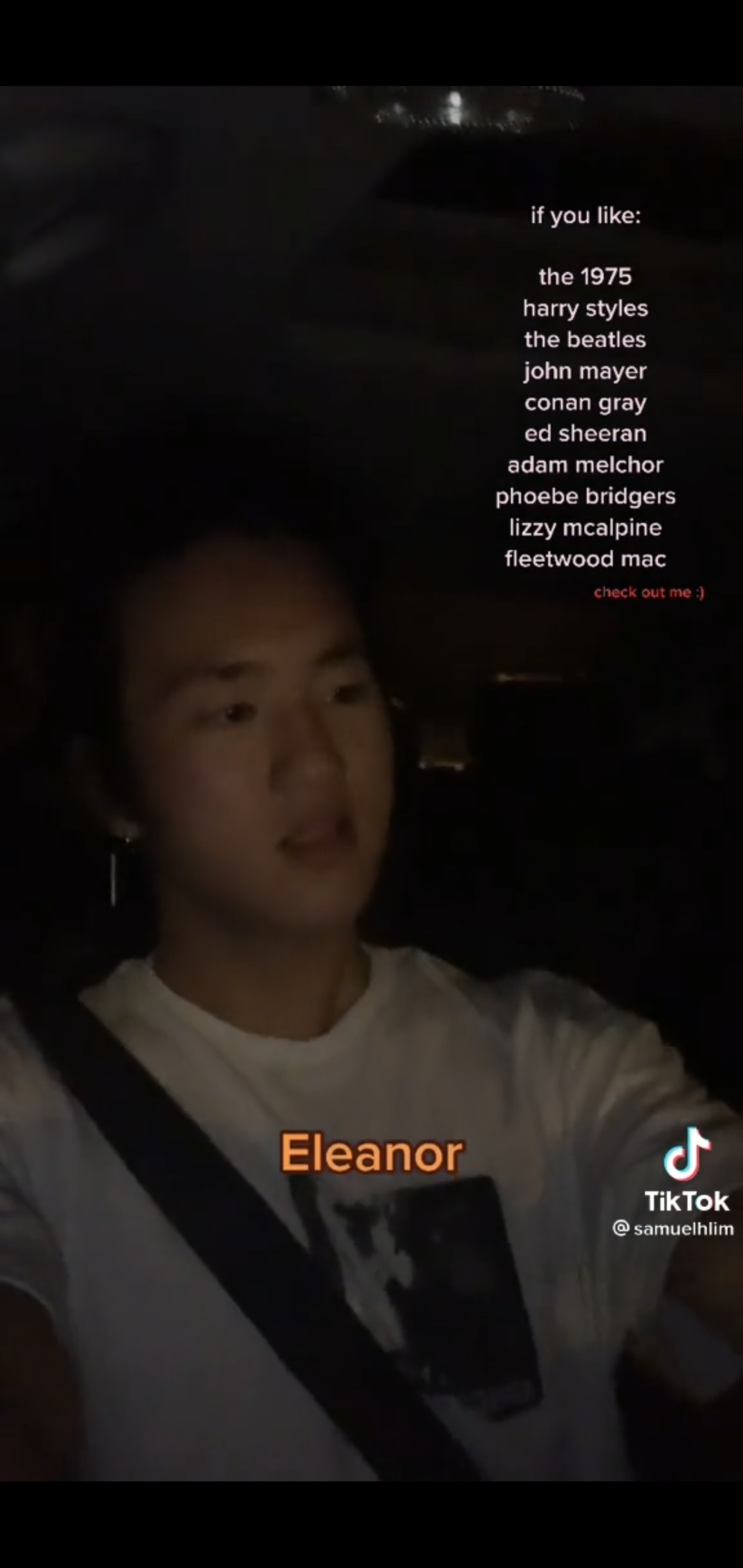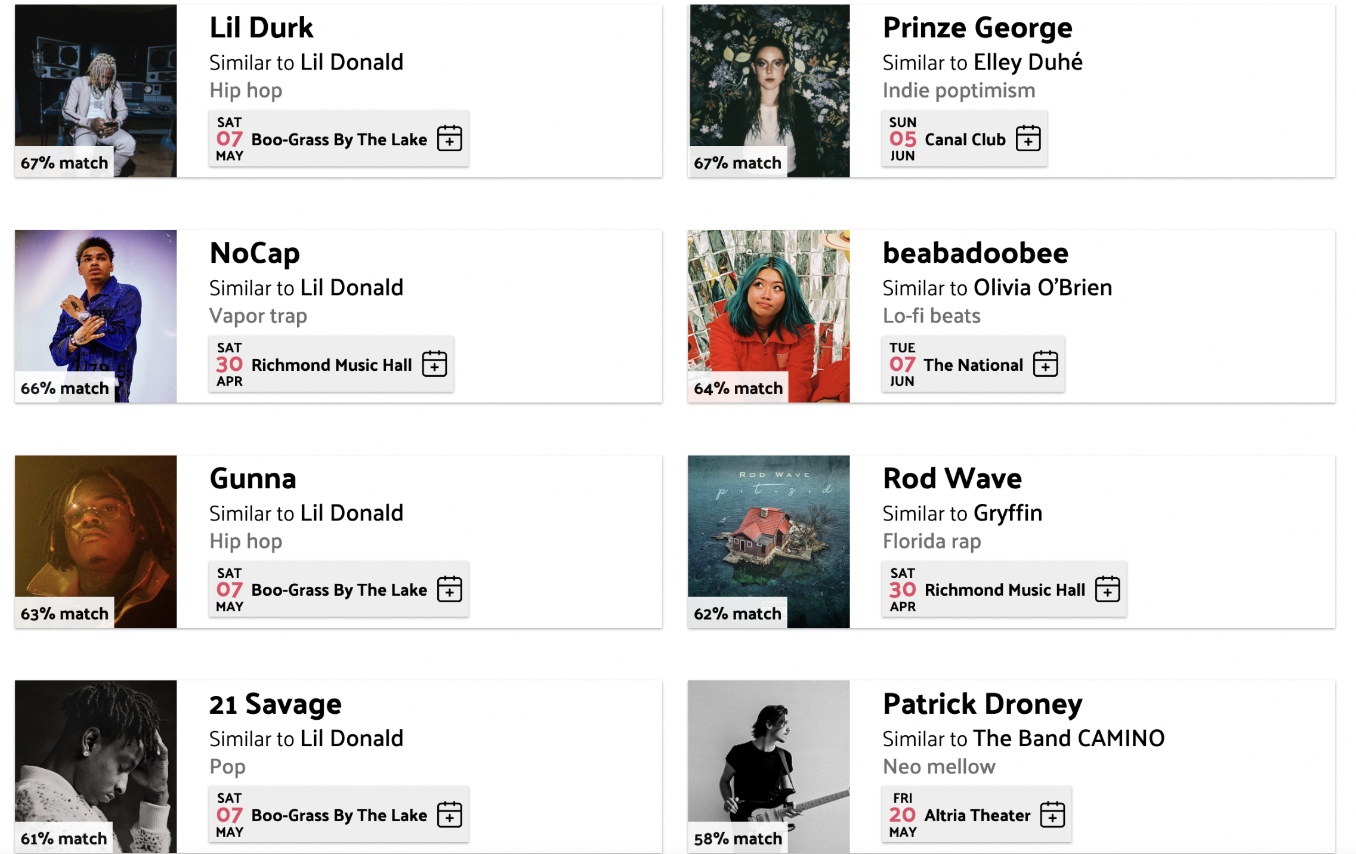The Perfect Recommendation System
Spotify promises to satisfy our music needs via streaming, recommendations, and easy access with an emphasis on unlimited. There is a “tripartite division” of a musical self that involves “the music you tell people you listen to, the music that you think you listen to, and the music you actually listen to” and it is in these key moments we want the recommendation system to “surprise us and break us out of our habits” (Drott, p. 348). This is why it is so paramount to develop more context, activity, and mood-aware recommendation systems that could accurately predict and generate the results we’d like. Although we might not want to share all of our key information with a computer system and it might be strange to expect the AI to be your ‘virtual best friend’ with just the right song for you, it may be the only way to truly increase the chances of more efficient recommender system. We are complex individuals and we will continue improving and developing our technology to reach our goals. While we wait for a ‘perfect recommender system’, we want to provide our readers with some recommendations of our own; some methods that have helped us find some of our favorite songs. Enjoy!
- Your friend’s playlists
- The ‘Song Radio’ feature on one of your favorite songs on Spotify
- Reddit forums (ie. type “songs similar to” and you’ll find discussions where users have a conversation about songs they find to emulate the same atmosphere or sound)
- Social Media (Snapchat, TikTok, Instagram)
- Lots of people share screenshots of their favorite songs at the moment on their stories, and it’s crazy to think I wouldn’t know of a song unless I had been on social media at that exact moment in time. That’s not to say the only way to find new songs is to be on your phone 24/7, but it certainly opens more doors!
- You can also follow accounts whose main purpose is to provide new songs that are released or list a song or album they like and users can interact with them and comment on their songs, thus acting as a human recommender. I’ve inserted a couple examples below:

A screenshot of a Tiktok user asking for song recommendations and other accounts commenting on their favorites (acting as human recommenders).

A screenshot of a Tiktok account sharing artists he finds similar.
- Have Shazam downloaded on your phone in case you hear a song playing out loud in public
- Smaller Independent record labels like Joyful Noise Recordings provide up and coming artists
- Here’s a link for “33 Independent Record Labels You Should Know” that gives a brief description based on genres.
The Humane Music Recommendation System
The market structure of Spotify limits its decision-making and the intentions behind its playlists. The biases and its priority of promoting label-backed artists will not likely change as long as Spotify has a partnership with the majors. Artists and music scholars have realized that music recommended by Spotify and other major streaming services is usually biased and that self-sponsored artists always get ignored. As a response to these problems in the streaming industry, some changes and inventions are made specially to improve the situation of independent artists.
Localify is a music recommendation project aiming to attract people’s attention to local artists and musical performances. It is an alternating music streaming model that differentiates itself from the large streaming platforms with a more inclusive and informative objective. The playlists are also made by algorithm, but the focus is on recommending more indie artists and local shows. During our interview with Dr. Turnbull, the funder of Localify, we learned that the system adopts a scientific way of creating playlists —— mixing songs that users like with similar music by local artists. “The idea is that we like things that are familiar…… By alternating a song that we know you like from your listening history and a similar song by this local band, we’re giving you something you like, followed by something that is good for you, then it keeps your mind happy.” This is essentially a strategy of exploitation and exploration that is frequently used in business. Exploitation means the repetition of the existing object in the market and exploration introducing new products into the object (Piao and Zajac 2016). The previous study of this model has shown that exploitation is conducive to exploitation under certain conditions. The music streaming service itself is a marketplace, and since the goal here is to encourage the consumption of music by local artists, Localify’s way of recommending music can potentially be quite successful.

Screenshot of my Localify page: Local and less popular artists recommended by Localify who are similar to the top hit artists recommended by Spotify. Localify is using this way to help these artists find their audiences.
